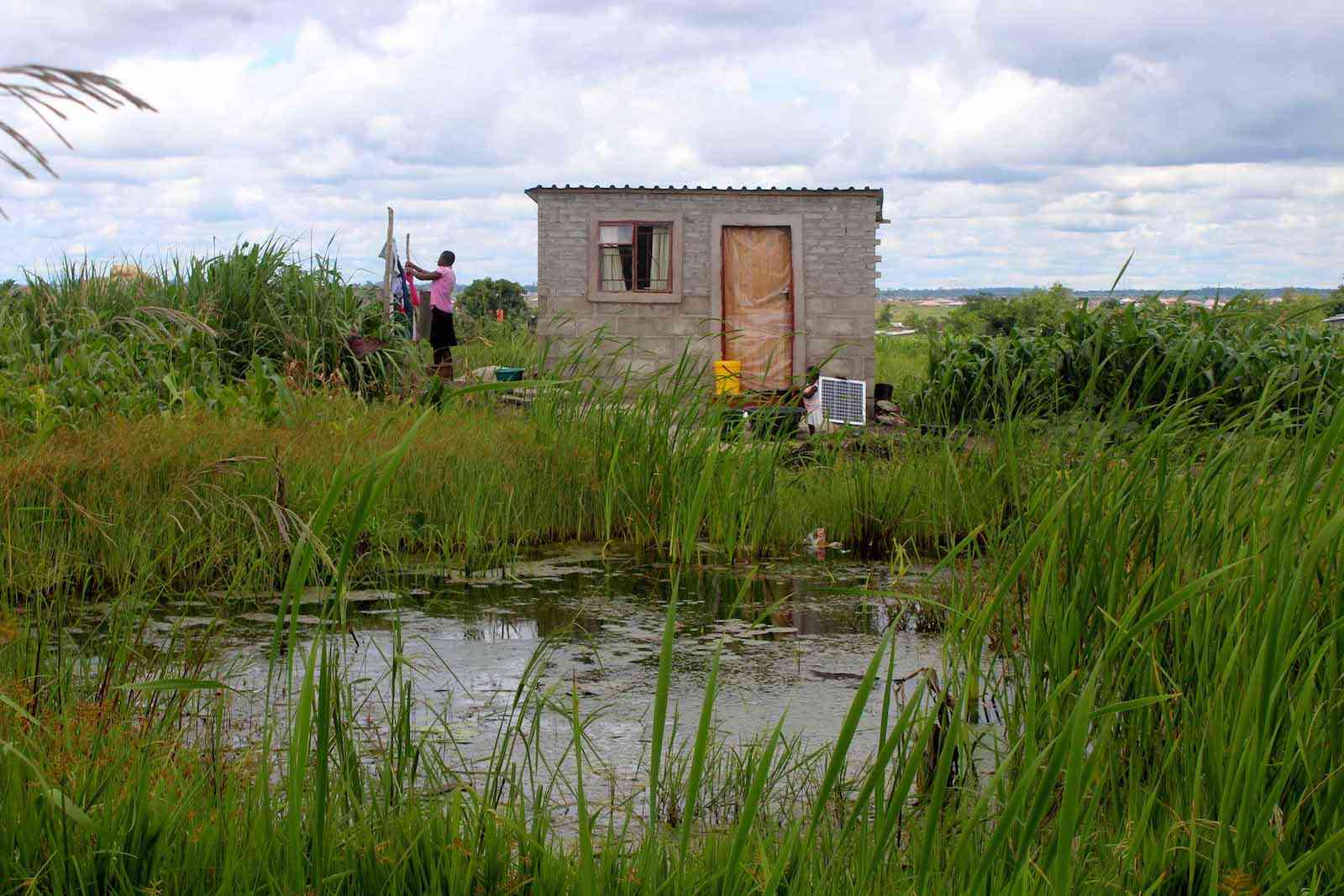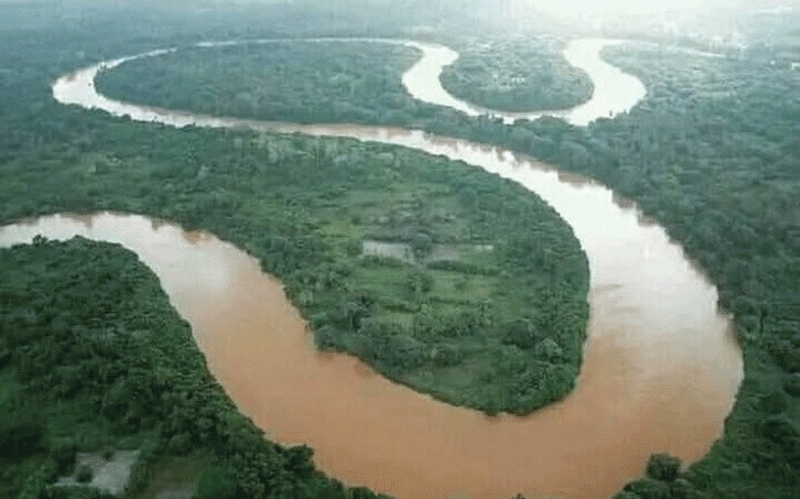
THE City of Harare has been accused of failing to enforce environmental protections to stop the ongoing destruction of a gazetted wetland in Tafara, near Mabvuku Cemetery.
The area is rich in biodiversity and cultural history.
The Combined Harare Residents Association (CHRA) strongly raised alarm over the allocation of residential stands and construction activities on the wetland, warning that such development threatens its fragile ecosystem.
Some officials allegedly affiliated to the ruling Zanu PF party are behind the land grab, claiming ownership of the land that is legally recognised as state property.
The site, known as Gosden area, was officially designated as an ecologically sensitive zone under the Environmental Management Act (2023) to preserve its biodiversity and function as a natural water source
The HRA said the decision to allocate land for housing in the area is both ill-informed and destructive, undermining the ecological services the wetland provides to the community at no cost.
"Allocating stands and allowing housing construction on this wetland will inherently collapse the various ecological services provided to residents for free," the statement read.
Mayor Jacob Mafume and council spokesperson Stanley Gama could not be reached for comment.
- Byo author eyes SA award
- WB revises downwards Zim growth
- Letters: Zanu PF to blame for anything wrong in Zim
- Shortages show the poverty of ideas in govt
Keep Reading
The association criticised the city’s insincerity in wetland conservation, particularly as Zimbabwe hosts the Ramsar COP 15 Conference, a global forum on wetland protection.
CHRA noted that Harare officials were actively participating in the event while allowing unchecked destruction in Tafara.
The group accused the city of ignoring the EMA’s Wetland Map in its spatial planning, revealing that it had alerted authorities in July 2024 about illegal land pegging—yet no action was taken.
By July 31, 2025, earth-moving equipment and builders were openly operating in the wetland, causing severe ecological harm.
The EMA Wetlands Master Plan aims to protect and restore wetland ecosystems, promoting biodiversity, enhancing water quality and supporting sustainable land use.
CHRA dismissed claims that such developments occur without the city’s knowledge, stressing that construction proceeds in plain view of officials.
It demanded immediate intervention from Harare’s development control unit, calling for unbiased enforcement to halt further damage.











